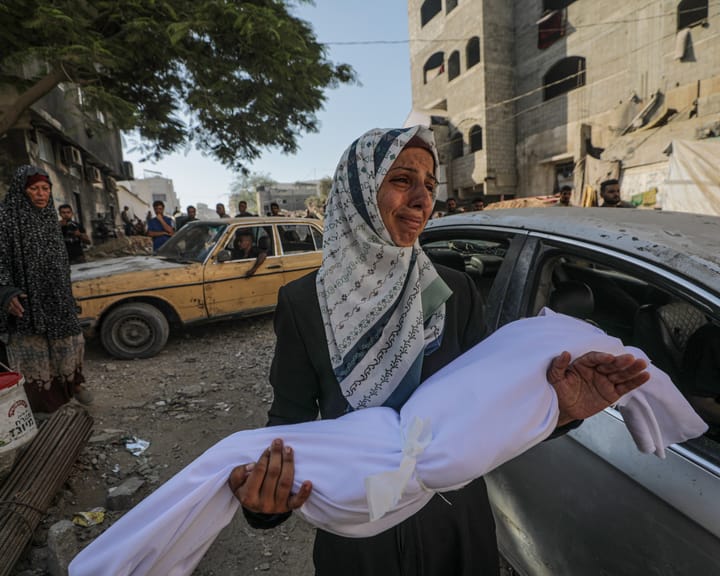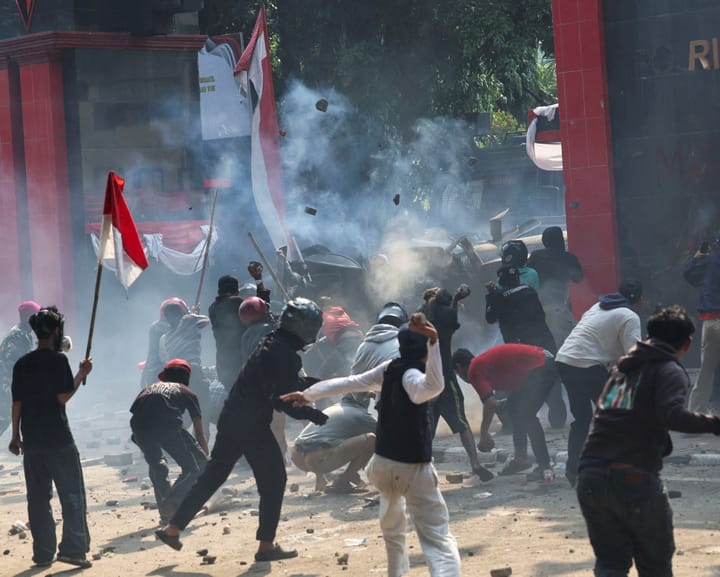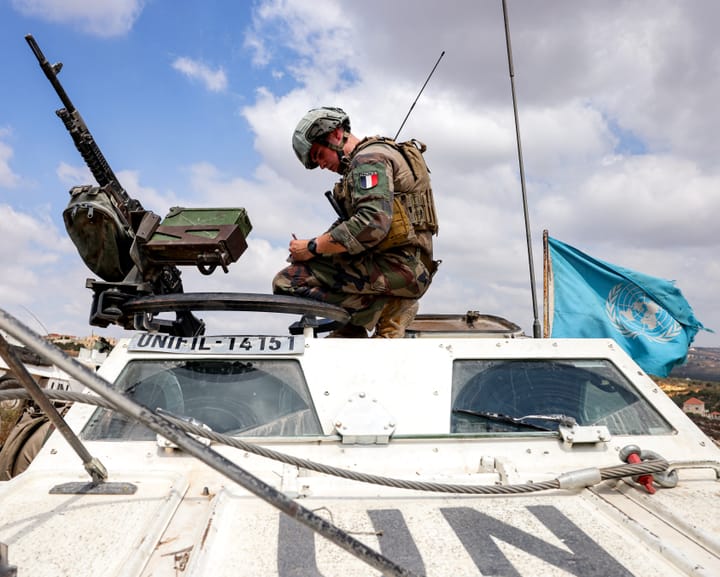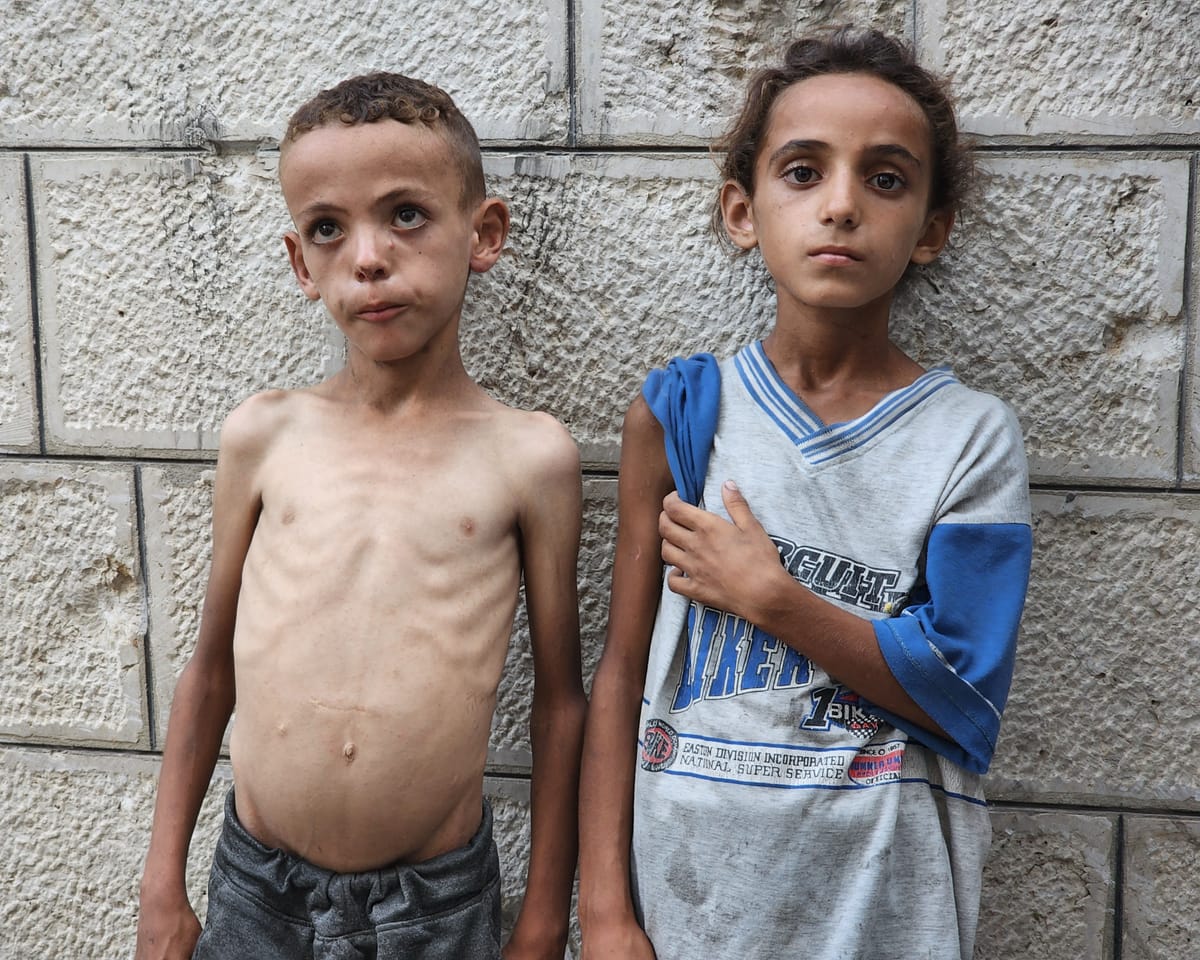Mohammed’s thin arms protrude from a baby romper printed with a smiling emoji and the words “happy boy”—a stark contrast to his condition in a Gaza hospital. Much of his day is spent crying from hunger or chewing his own weakened fingers.
At seven months old, he weighs just 4kg (9lbs), and this is his second hospitalization. His face is hollow, his limbs little more than bones wrapped in loose skin, and his ribs press sharply against his chest.
“My greatest fear now is losing my grandson to starvation,” said his grandmother, Faiza Abdul Rahman, who is also weak from hunger. The day before, her only meal was a single piece of bread, which cost 15 shekels (£3).
“His brothers and sisters are also suffering deeply. Some nights, they sleep without eating anything.”
Mohammed was born healthy, but his mother, weakened by malnutrition, couldn’t produce milk. Since then, the family has only managed to secure two cans of infant formula.
The ward at the hospital is filled with other severely underweight children, some sharing the few available beds. With just two pediatric teams operating in Gaza City, up to 200 children arrive daily seeking care.
Dr. Musab Farwana spends his days trying, often unsuccessfully, to save them. After work, he returns home to share meager meals with his own hungry children.
His family is rapidly losing weight because his salary buys almost nothing. He avoids joining the desperate scramble for aid after Dr. Ramzi Hajaj was killed in a similar effort to secure food.
Despite repeated famine warnings over nearly two years of war, Gaza’s hunger crisis has never been worse. Health officials recorded 43 starvation-related deaths in just three days this week, adding to a previous toll of 68.
Faiza Abdul Rahman, who has stayed in Gaza City throughout the conflict, said even the worst food shortages last year were not as severe. “Hunger was never like this,” she said. “This is the hardest time we’ve faced.”
Accounts from residents, doctors, and data from authorities and aid groups show supplies running critically low. Soaring prices reflect the scarcity, with flour now costing over 30 times its pre-war price.
Even financial means or connections no longer guarantee survival. Over 100 aid organizations, including Médecins Sans Frontières and Oxfam, warned in a joint statement that their own workers are suffering from extreme hunger.
The AFP journalists’ union reported this week that, for the first time in its history, a colleague risks dying from starvation.
Read next

"UN rights officials call for leadership to label Israel's Gaza offensive as genocide"
Hundreds of UN Human Rights Staff Urge Leadership to Label Gaza Offensive as Genocide
A significant number of employees from the United Nations’ primary human rights body have endorsed an internal letter urging their leaders to recognize Israel’s military campaign in Gaza as genocide and to push member states

"Demonstrations break out in Indonesia after police car fatally strikes man"
Hundreds of Indonesians have gathered at locations across Jakarta to demonstrate following the death of a man struck by a law enforcement vehicle, marking the first major challenge for Prabowo Subianto’s administration, which took office nearly a year ago.
The victim, a motorcycle ride-hailing driver, was hit during clashes

"UN to halt Lebanon peacekeeping mission next year amid US, Israeli pressure"
The UN Security Council has extended the peacekeeping mission in Lebanon for another 16 months, though it will conclude by the end of 2026 following pressure from Israel and the US.
Council members unanimously approved the decision on Thursday to renew the mandate of the UN Interim Force in Lebanon

